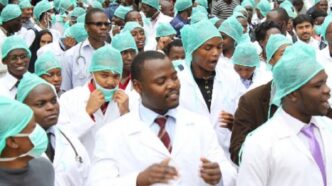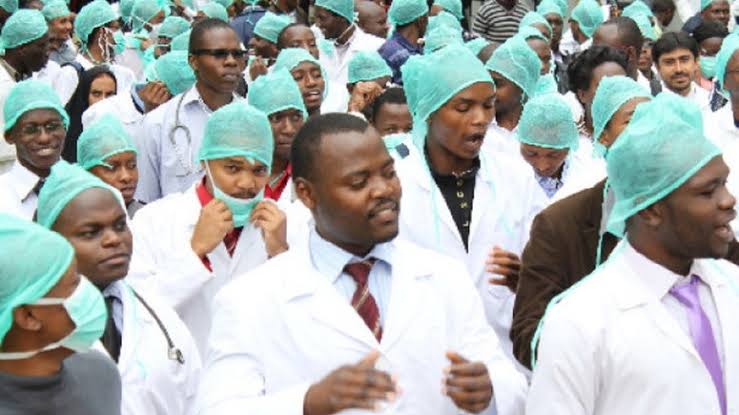A local couple has come forward with allegations of medical negligence that led to their son’s cerebral palsy, shedding light on a broader issue of accountability in healthcare.
In an exclusive interview on BCOS Ile Akede, Ibadan, Aderomoke Folorunsho revealed her decade-long struggle following complications during her son’s birth. The couple is now producing a documentary to raise awareness about families affected by cerebral palsy, particularly cases stemming from alleged negligence during childbirth.
“It was supposed to be a day of joy, but instead, it turned into a nightmare,” Aderomoke Folorunsho recounted. “The doctors delayed, they didn’t listen when I told them something was wrong.” Their son, Samuel, now 9, suffered oxygen deprivation, resulting in a cerebral palsy diagnosis.
The couple described the challenges of raising a child with CP, including constant care requirements. “It’s exhausting, but it’s not just about the physical care. It’s about watching your child struggle with things other kids take for granted,” Aderomoke explained.
The Folorunshos claim their efforts to seek accountability were met with resistance. “At first, we just wanted answers,” Oluwasegun Folorunsho stated. “We thought, surely they’ll admit their mistake, make sure it never happens again. But instead, they circled the wagons.”
“Medical negligence touches nearly every family in Nigeria, often leading to loss of life or permanent disability,” Oluwasegun said. “Many victims see it as God’s will or are too scared to report it, with some even facing threats if they pursue their cases. This documentary is close to our hearts.”
The couple alleges facing threats and attempts to silence them. Their investigation reportedly uncovered potential wider issues within the hospital system. “We couldn’t stay quiet. We couldn’t just move on knowing that with each passing day, a life might be at stake,” Oluwasegun added.
Their documentary, tentatively titled “Unheard Cries: The Reality of CP and Medical Negligence,” aims to feature various perspectives on the issue, including medical professionals and legal experts as well as other families affected by similar fate.
“This isn’t just our story,” Aderomoke insisted. “It’s a systemic problem. Families like ours shouldn’t have to fight this hard just to be heard, to get justice, or even acknowledgement.”
The Folorunshos emphasized their goal is not retribution but accountability and systemic change. “We don’t want to destroy anyone’s career,” Oluwasegun clarified. “We just want the truth to be acknowledged and for hospitals to take responsibility.”
As the documentary project moves forward, the couple hopes to inspire other affected families to speak out. “We’re doing this for Samuel, and for every child and family who might be in this position in the future,” Aderomoke concluded.
The Folorunshos’ story highlights ongoing concerns about medical negligence and the challenges families face in seeking justice within Nigeria’s healthcare system. Their upcoming documentary promises to offer further insights into these complex issues.




